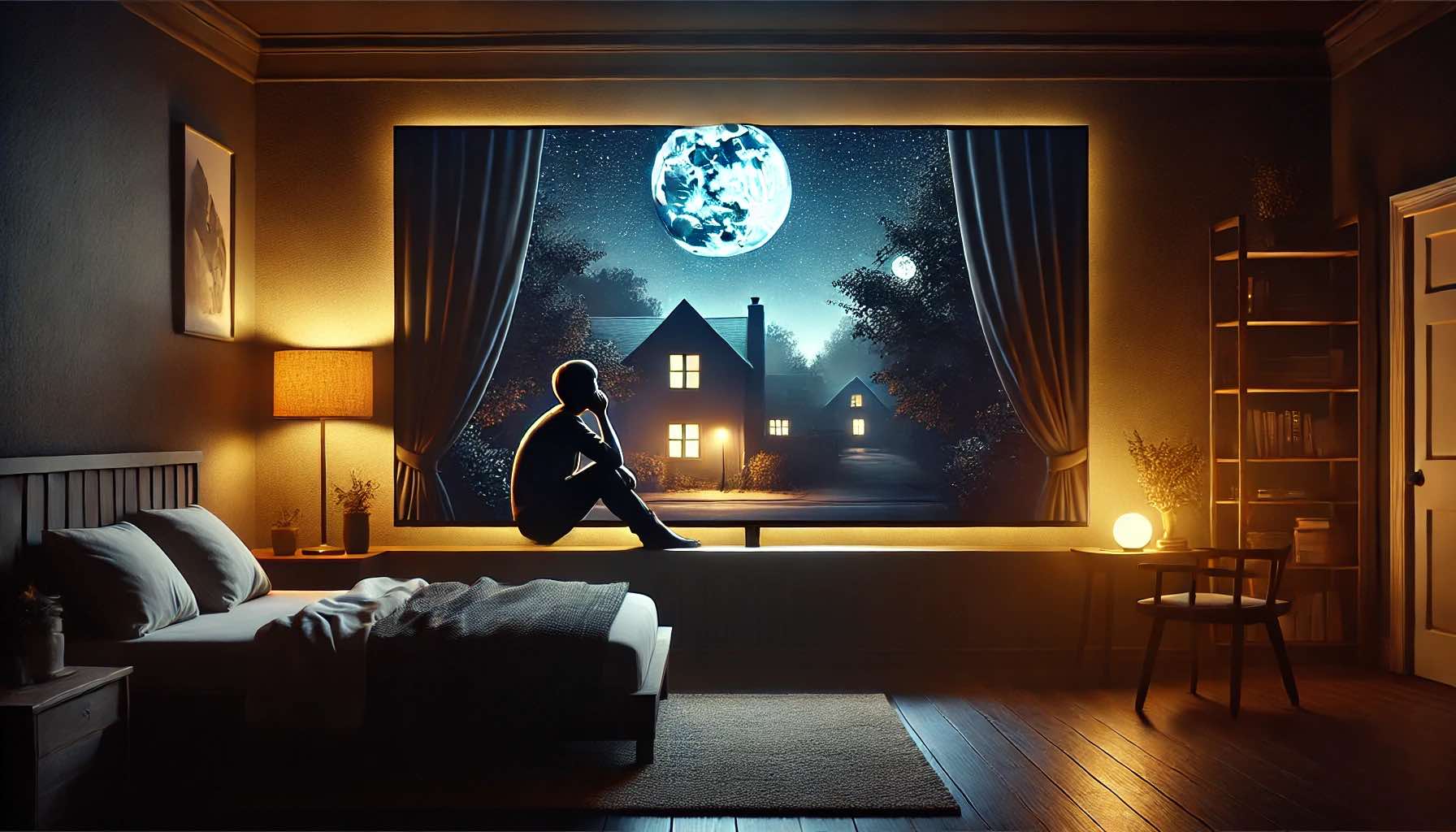Sometimes I struggle with sleep. Despite trying various strategies, I often wake up alone in the middle of the night with a lingering sense of dread.
But the real challenge isn’t the wakefulness itself—it’s the idea that being awake at night is somehow unnatural.
After some research, I discovered something enlightening. Before the Industrial Revolution and the advent of artificial light, most people naturally followed a biphasic sleep pattern—a split sleep consisting of two distinct phases separated by a period of wakefulness lasting one to two hours.
Here’s how it worked: As dusk fell and natural light faded, our ancestors slipped into what we now call the “first sleep.” Later in the night, they would naturally wake up. During this interlude, they might prepare meals, pray, or tend to household chores, and then settle back in for the “second sleep.” Historical writings dating back to antiquity document this practice.
With the rise of artificial lighting and cultural shifts—like nighttime entertainment—and the demands of the industrial era that required early rising, our sleep gradually shifted to the single, uninterrupted pattern most of us follow today.
This article isn’t about debating the merits of monophasic versus biphasic (or even polyphasic) sleep. Instead, it’s about understanding that, without the knowledge that a wakeful period is natural, we often burden ourselves with unnecessary guilt for not fitting into a so-called “norm.”
Knowing that biphasic sleep is a well-established, historical reality can lighten the burden of nighttime wakefulness and ease the anxiety that often accompanies it.
When you find yourself awake, try engaging in gentle activities—light stretching, a quiet walk, sipping tea, meditating, praying, or reading. These simple actions can help break the cycle of rumination and gently guide you back to sleep.
Remember: actual knowledge dispels unfounded assumptions. As I mention in my book The MARVEL of Happiness (2nd Edition), learning is an antidote to fear.
What about you, dear reader? Do you experience similar challenges, and how do you manage your wakeful moments at night?
— Philippos


